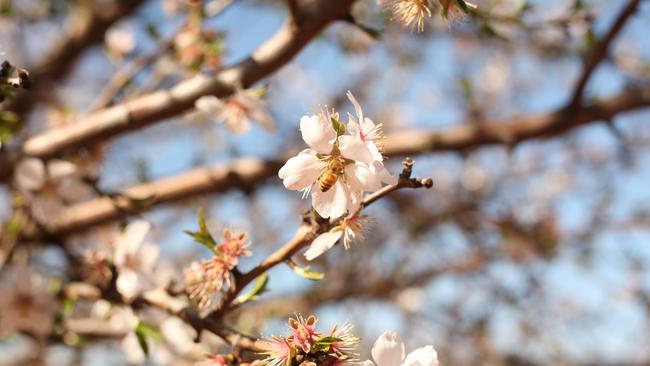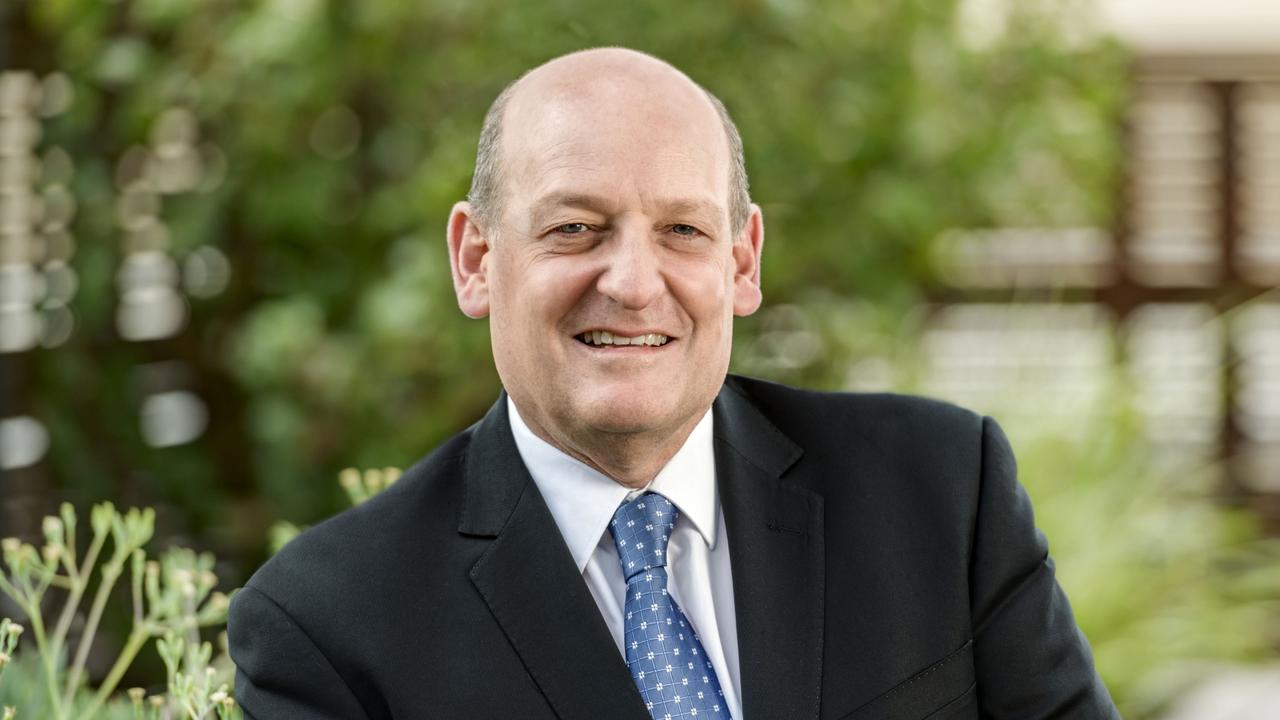Select Harvests Limited reports huge turnaround in 1Y25 results
Select Harvests Limited has reported a big swing in its half yearly results, and is well placed to capitalise on the current environment, chief executive David Surveyor says.

Select Harvests Limited is well placed to capitalise on strong macroeconomic conditions and higher global prices going forward, chief executive David Surveyor says.
Australia’s second largest almond producer reported a significant turnaround in its half yearly results on Thursday, recording a net profit after tax of $28.7m for the six months ending March 31, 2025, after a $2.4m loss in the prior corresponding period.
Mr Surveyor said prices had increased a lot over the past year or so, amid strong consumer demand and a tightening of global supply.
“When you look at the acres being cropped in North America, we think that volume has peaked and the amount of replanting is coming down,” Mr Surveyor said.
Currently California supplies about 80 per cent of the global almond market, with Australia about 10 per cent.
“It takes about seven years to grow a tree, so therefore the supply side can’t quickly respond to an increase in demand, so that’s why over the long term we think prices will probably continue to increase.”

Select has 14 farms across Victoria’s Mallee, NSW’s Riverina and South Australia’s Riverland regions, with Mr Surveyor noting Select and the Australian almond industry as a whole had a competitive advantage over the US, through a lower cost base.
Thursday’s results stated SHV had a cost price of $6.77/kg while in California it was $8.70/kg.
In addition to a tightening of supply, rising demand in India and China, and in Southeast Asia for use in bakery goods, has prices heading up.
“If you look at nut consumption in western countries, you’re typically looking at a couple of kilograms per human, but in (India and China) you’re typically running at 500g per person. So there’s a lot of upside potential in terms of consumptive use as those markets develop over time,” Mr Surveyor said.
“As countries become wealthier, their desire for higher quality proteins goes up, and therefore their consumption of high quality proteins goes up.”
Mr Surveyor said although the rate of growth of almonds had slowed down after the 2010s boom, history showed investments goes through “fits and starts”, and that over time there could still be investment in Australian almonds.
“I don’t think the Australian capacity in farming has been tapped out. But the one thing that is a pressure point on that of course is water,” he said.
Of the federal government’s water policy, Mr Surveyor said that “the removal of consumptive water use is probably a bit more aggressive than it should be”.
“We’ve got to make sure, whether its almonds or any other produce coming out of Australia, that we’ve got the ability to access water to grow our produce, not only for export markets, but to be able to feed mums and dads at a good, sensible price when they go to their local supermarkets,” he said.
The chief executive said labour was a tough issue for Select, as it was for many employers in regional Australia, but that the company was quite blessed with the people it had.
“We’re often an important employer in the communities we operate in, and generally we have really terrific people that are fundamentally committed and focused on looking after the company, not only today but also its future,” he said.




